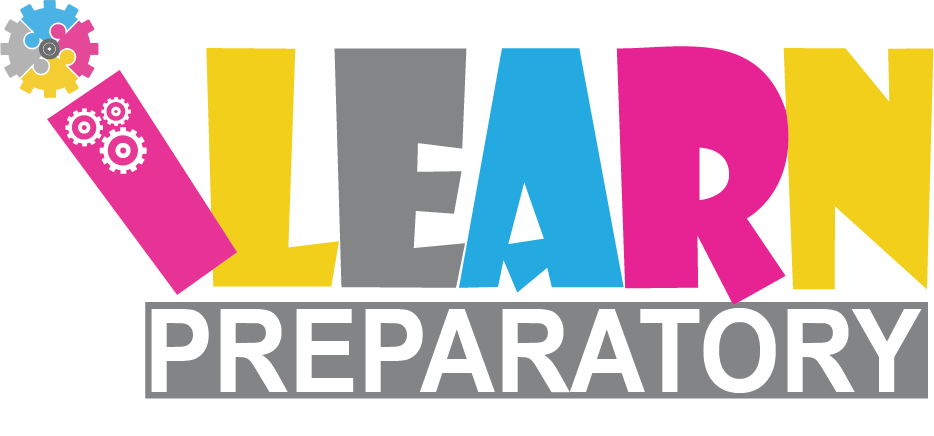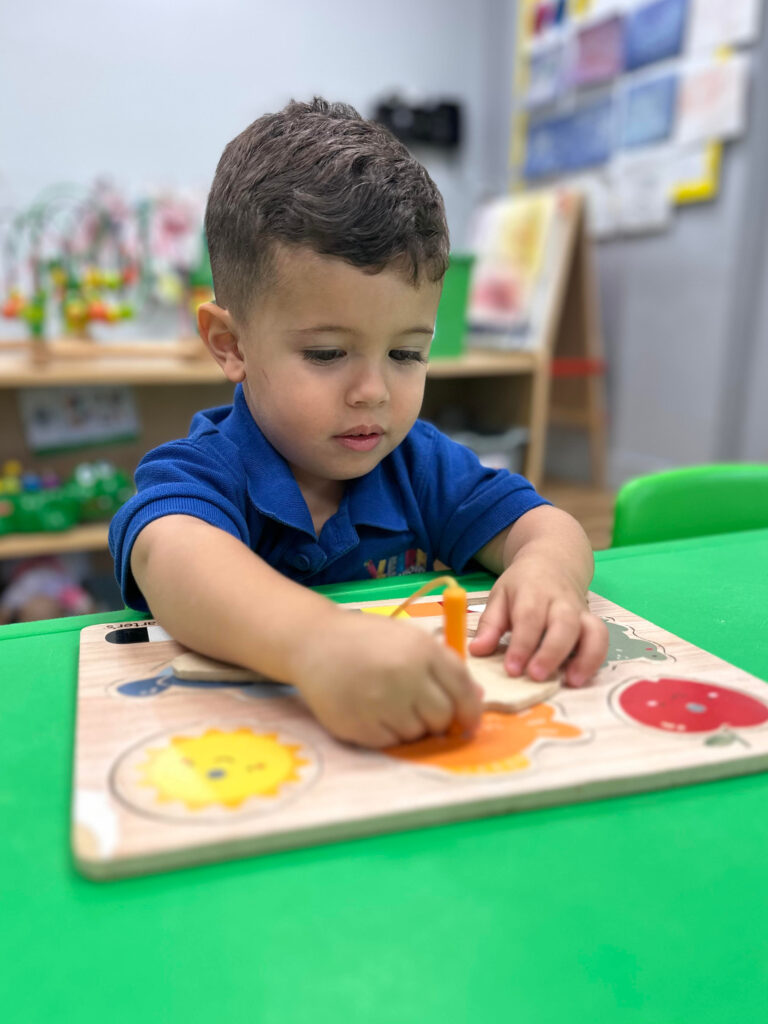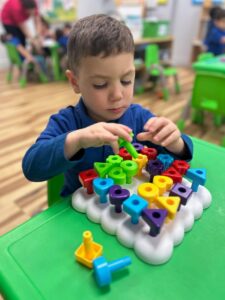Introduction to the Importance of Early Education
In the formative years of a child’s life, the foundation for future learning, behavior, and health is laid. Early education plays a pivotal role in shaping a child’s cognitive and emotional development, setting the stage for lifelong success. As research increasingly underscores the profound impact of these early years, parents and educators alike are turning their attention to the quality of early learning environments.
Quality daycare and early education programs provide more than just a safe space for children while parents work. They offer a nurturing environment where young minds can explore, discover, and grow. These programs are meticulously designed to encourage critical thinking, creativity, and social interaction—skills that are indispensable in our rapidly evolving world. By engaging in structured activities, children develop essential language and literacy abilities, learn to solve problems, and build the confidence needed to face new challenges.
Moreover, early education fosters socialization, teaching children to cooperate, share, and empathize with others. These social skills are crucial for building relationships and adapting to diverse environments. A quality early learning experience can significantly influence a child’s ability to succeed academically and socially, providing a head start that benefits them well into their adult years.
As society becomes more aware of the long-term benefits of early education, investing in quality daycare and learning opportunities is seen not only as a benefit but as a necessity. By prioritizing early education, we are investing in the future, ensuring that our children have the best possible start in life.
Benefits of Quality Daycare for Child Development
Choosing the right daycare is a pivotal decision for any parent aiming to provide their child with a solid foundation for future learning and growth. Quality daycare centers offer more than just supervision—they foster an environment that nurtures a child’s holistic development. By investing in a reputable daycare, parents can ensure their child is receiving essential developmental benefits that extend beyond basic care.
Socialization and Emotional Growth
Quality daycare centers provide children with ample opportunities for social interaction. This environment is crucial for developing social skills such as sharing, communication, and cooperation. Children learn to navigate relationships with peers and adults, fostering emotional intelligence that is vital for future success. Emotional growth is supported through activities that encourage empathy, patience, and resilience.
Cognitive Development
Structured activities and a stimulating curriculum in quality daycare enhance cognitive development. Children are introduced to a variety of concepts through play-based learning, which facilitates critical thinking and problem-solving skills. Exposure to age-appropriate educational materials helps in building a solid foundation in literacy and numeracy.
Physical Development
A comprehensive daycare program includes activities that promote physical development. From outdoor play to fine motor skill exercises, children engage in physical activities that improve their coordination, balance, and overall health. These activities are designed to be both fun and educational, encouraging children to enjoy an active lifestyle from an early age.
Overall, quality daycare plays a significant role in the multifaceted development of children, preparing them not just for school but for life. By choosing a daycare that prioritizes developmental benefits, parents are investing in their child’s future success.
How Learning Through Play Enhances Early Education
In the realm of early childhood education, one of the most potent and effective tools for fostering development is learning through play. This approach not only captivates young learners but also lays a strong foundation for their future academic and social success. By engaging children in playful activities, educators can seamlessly integrate essential skills such as problem-solving, creativity, and social interaction into their daily routines.
The Cognitive Benefits of Play
Play stimulates brain development by encouraging children to explore their environments, ask questions, and make connections. This experiential learning process enhances cognitive abilities such as memory, attention, and critical thinking. When children play games that require counting, sorting, or pattern recognition, they are unknowingly acquiring fundamental math and logic skills that will benefit them throughout their educational journey.
Social and Emotional Growth
Through play, children learn to navigate social dynamics, share with others, and express their emotions effectively. Role-playing activities, for instance, allow them to experiment with different social roles and perspectives, fostering empathy and cooperation. These experiences are crucial for building emotional intelligence, which is essential for forming healthy relationships and adapting to various social settings.
Physical Development and Coordination
Physical play, such as running, jumping, or climbing, is vital for developing fine and gross motor skills. These activities not only enhance physical health but also improve hand-eye coordination and spatial awareness. Such skills are integral for tasks like writing, drawing, and participating in sports.
In conclusion, incorporating play into early education creates a dynamic and engaging learning environment that supports holistic development. By prioritizing play-based learning, parents and educators can ensure that children receive the perfect start to their educational journey, equipped with the skills and confidence needed to thrive in an ever-evolving world.
Key Elements of Quality Daycare to Look For
When considering a daycare for your child, it’s essential to understand the elements that define quality care. A nurturing environment is crucial, where children feel safe, supported, and encouraged to explore their surroundings. This foundation fosters emotional security and confidence, enabling children to engage in learning activities with enthusiasm.
Qualified and Compassionate Staff
Look for caregivers who are not only trained and experienced in early childhood education but also demonstrate genuine compassion and patience. Their ability to connect with children on an emotional and educational level can profoundly impact a child’s development. Staff should be adept at fostering a positive atmosphere, where each child receives attention and encouragement tailored to their individual needs.
Stimulating Curriculum
A high-quality daycare will offer a well-rounded curriculum that balances play and structured learning. This curriculum should cater to various developmental stages, incorporating activities that enhance cognitive, social, and physical skills. Engaging children in arts, music, language, and science projects ignites curiosity and encourages lifelong learning habits.
Health and Safety Standards
Rigorous health and safety protocols are non-negotiable. Ensure that the daycare maintains cleanliness, follows strict hygiene practices, and has clear policies for emergencies. Regular safety drills and a secure environment help protect children while they explore and learn.
Ultimately, choosing a daycare with these key elements ensures that your child receives a holistic, enriching experience, laying a strong foundation for future success. As you evaluate options, keep these criteria in mind to make an informed decision that aligns with your child’s unique needs.
The Role of Early Education in Child Development
Early education plays a pivotal role in shaping a child’s future. During the formative years, children’s brains develop at an astonishing rate, absorbing information and forming neural connections that lay the groundwork for lifelong learning and behavior. Quality daycare and early learning experiences are crucial in nurturing these developmental processes, providing children with the tools they need to succeed academically, socially, and emotionally.
At the heart of early education is the concept of holistic development, which emphasizes the importance of a well-rounded approach. In a nurturing and stimulating environment, children learn essential skills through play-based activities that encourage curiosity and creativity. This method not only fosters cognitive development but also supports social skills as children interact with their peers, discovering the values of empathy, cooperation, and communication.
Building a Foundation for Lifelong Learning
- Cognitive Growth: Early education enhances cognitive abilities by introducing children to basic concepts in math, language, and science through engaging, age-appropriate activities.
- Social and Emotional Skills: Interaction with peers and educators helps children develop emotional intelligence, learn conflict resolution, and build self-confidence.
- Physical Development: Activities that involve movement and coordination aid in physical growth and motor skills, ensuring a well-rounded development approach.
Moreover, early education settings often incorporate structured routines that offer children a sense of security and predictability, which is crucial for emotional stability. By participating in group activities and structured play, children learn to navigate various social dynamics, preparing them for future educational environments. In this way, early education is not just about academic readiness; it is about equipping children with a comprehensive set of skills that support all facets of their development, ultimately enabling them to thrive in the ever-evolving world.






